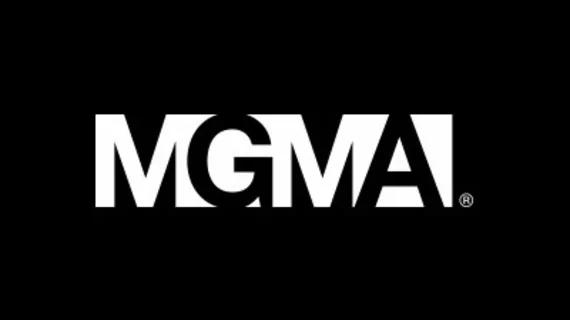MGMA: Medical groups opposed to mandatory APMs
A large majority of medical group professionals responding to a poll from the Medical Group Management Association (MGMA) was opposed to mandatory participation in alternative payment models in Medicare, a policy CMS has been moving away from under President Donald Trump.
Out of 1,176 responses to the MGMA poll, 72 percent said they opposed the federal government mandating participation in Medicare APMs, while 14 percent were in favor and another 14 percent were unsure.
Since Trump took office and Seema Verma, MPH, became administrator of CMS, the agency has moved away from mandatory models planned under the Obama administration. Two mandatory bundled payment models were cancelled and Verma indicated the agency would pursue only voluntary models—which MGMA believes are the best way to transition to value-based care, while still supporting APMs as a whole.
“Medical groups are supportive of APMs, the concern is with government mandated programs that stifle innovation,” MGMA’s vice president of government affairs, Anders Gilberg, told HealthExec. “Government should adopt what’s working in the private sector. A bottom up approach, not a government top-down approach.”
HHS Secretary Alex Azar, however, has indicated he’d support mandatory models if he feels it would be necessary to get adequate data. Additionally, the Medicare Payment Advisory Commission (MedPAC) has advocated getting rid of the Merit-based Incentive Payment System (MIPS) and driving more providers towards APMs, which Gilberg said prompted the poll among MGMA members.

